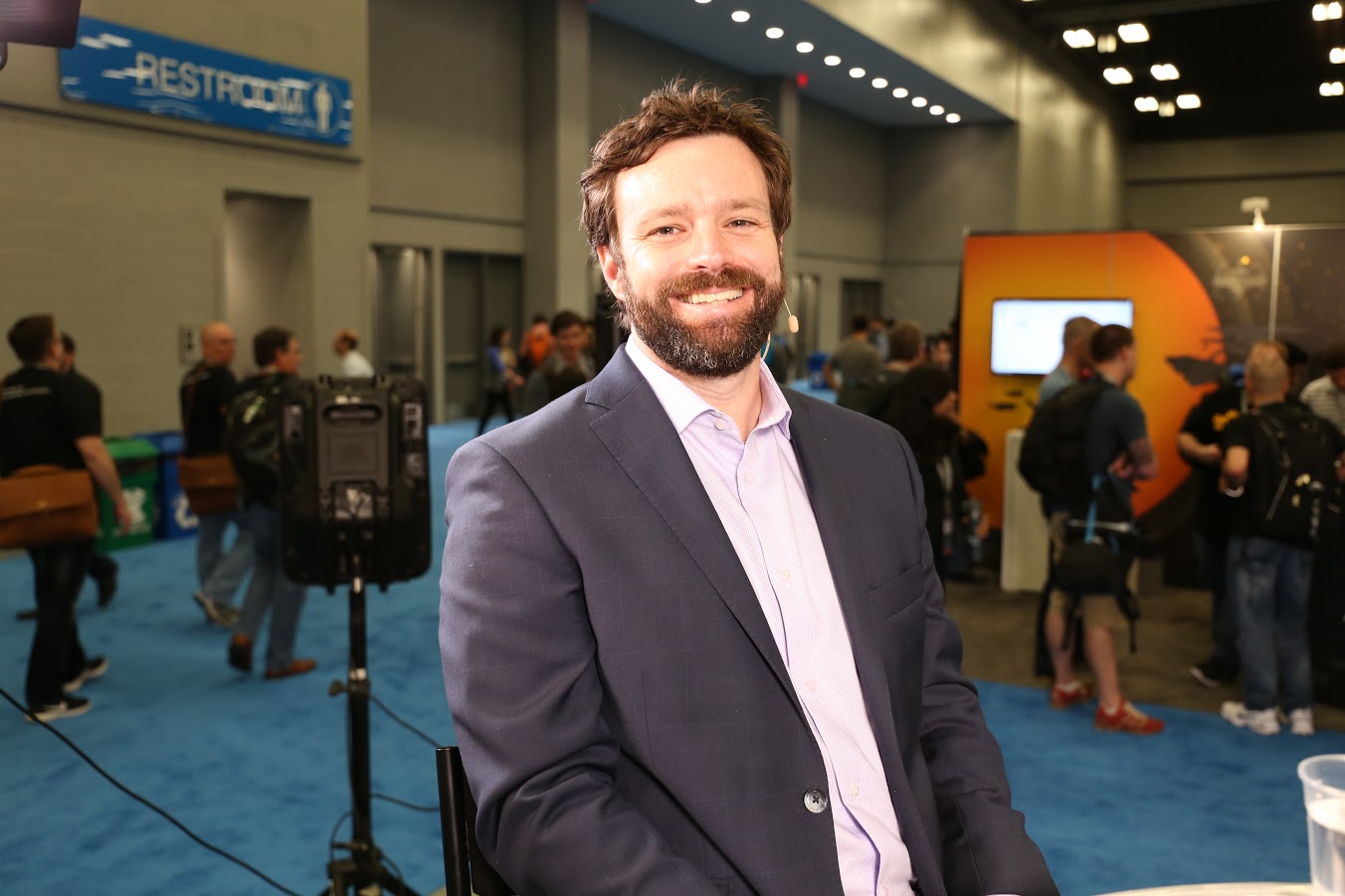 INFRA
INFRA
 INFRA
INFRA
 INFRA
INFRA
As the interest of users and developers continues to grow for virtualized environments to manage containers in application structuring, those who have been working with containers for years now find themselves poised to deliver their experience to those who are just starting.
“It strikes me as really odd when people are asking, ‘Are containers ready for production?’ Containers have been part of our DNA at Ubuntu for about 10 years now,” said Dustin Kirkland, Ubuntu product and strategy at Canonical Ltd.
Kirkland spoke with Stu Miniman (@stu) and James Kobielus (@jameskobielus), co-hosts of theCUBE, SiliconANGLE Media’s mobile live streaming studio, at DockerCon17 in Austin, Texas, where the trio discussed the advantages of Ubuntu, an open-source software platform that runs everywhere from Internet of Things devices, the smartphone, the tablet and the PC to the server and the cloud; the relation between Canonical and Docker; and what rising issues the company is working to address. (*Disclosure below.)
Canonical’s focus on Ubuntu strategy is largely driven by its large slice of the developer usage pie. “We see more developers choosing Ubuntu desktops,” Kirkland said. “The key differentiator for Ubuntu is its freshness, its velocity” in being able to obtain and deploy the latest builds and patches quickly, smoothly and efficiently, he added.
Kirkland picked out one particular aspect of that freshness as a highlight, noting, “Live patch for the kernel is particularly interesting from a security perspective, because it allows us to address [issues] without rebooting.”
Kirkland also addressed the connections between Canonical and Docker, with their shared customer bases, support for each other’s technologies and distribution channels, and assistance between their communities in helping end-users employ the tools from both without any hassle.
Sharing some details of his current workload, Kirkland mentioned that he’s currently examining the ways in which distinct container packages are shaped by their operating environments. As part of that, he’s working to address security issues that might arise from individuation of containers to their respective context while maintaining ease of interoperability and quick deployment options to ensure that the expanding role of containers in increasingly diversified environments will be easy to integrate.
Watch the complete video interview below, and be sure to check out more of SiliconANGLE’s and theCUBE’s independent editorial coverage of DockerCon US 2017 Austin. (*Disclosure: Canonical Ltd. sponsors some DockerCon segments on SiliconANGLE Media’s theCUBE. Neither Canonical Ltd. nor other sponsors have editorial control over content on theCUBE or SiliconANGLE.)
THANK YOU